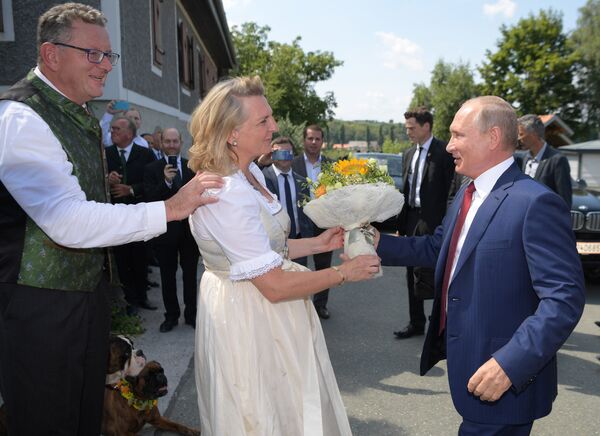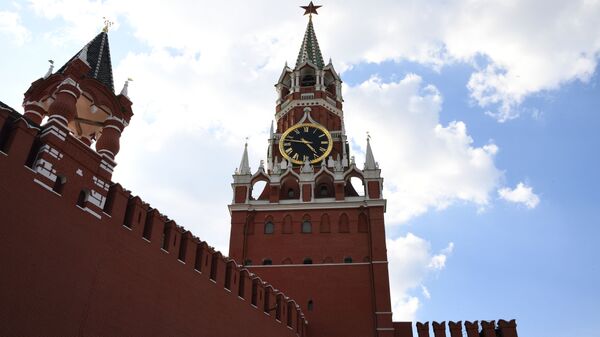Austrian Foreign Minister Alexander Schallenberg has stated in an interview with Wiener Zeitung that good ties with Russia are a key part of European stability and that the bloc should not be engaged in conflict with Moscow.
Answering a question about Russia being a part of Western society, the minister stressed there had been such hgh hopes, but "Moscow has chosen its own path".
"But as far as that is concerned, I always like to quote a sentence by German President Frank-Walter Steinmeier. He said that in the long term there will be no security and stability against Russia in Europe, but only with Russia", he noted.

Schallenberg also called for dialogue between Russia and Europe.
"It has always been the Austrian line that the channels for dialogue must be kept open. Remaining silent with each other has never brought anyone forward", he concluded.
Relations between Moscow and the EU became tense in the wake of the conflict in eastern Ukraine and the referendum in Crimea, during which over 90 percent of voters supported reunification with Russia. The bloc, however, has accused the Kremlin of interfering in Ukrainian internal affairs and introduced sanctions against Russia. Moscow denied the meddling claims and imposed countersanctions in retaliation.
At the same time, some EU countries, including Austria, have repeatedly questioned the effectiveness of the sanctions amid financial and economic losses. Various Austrian politicians have voiced the need to halt the restrictions and revive talks with Moscow.




